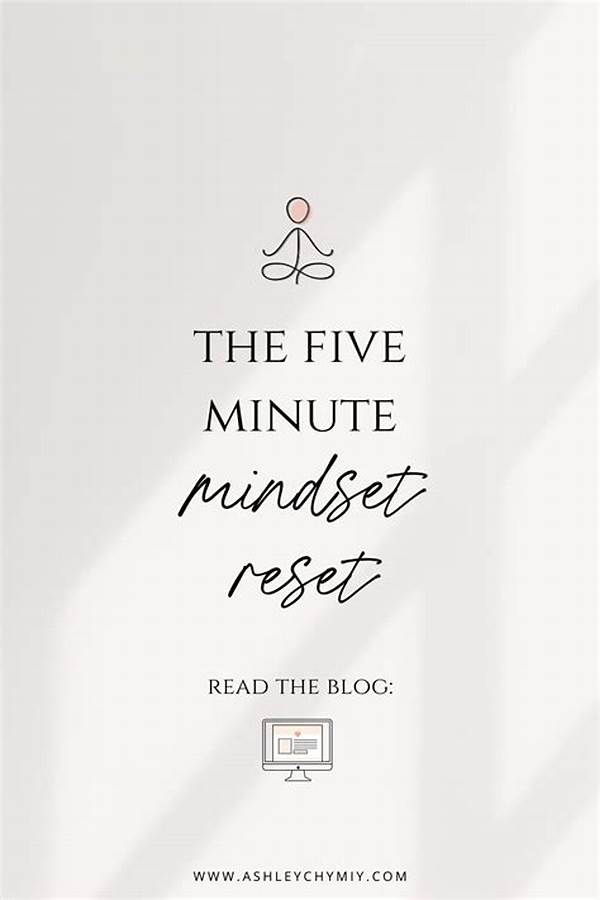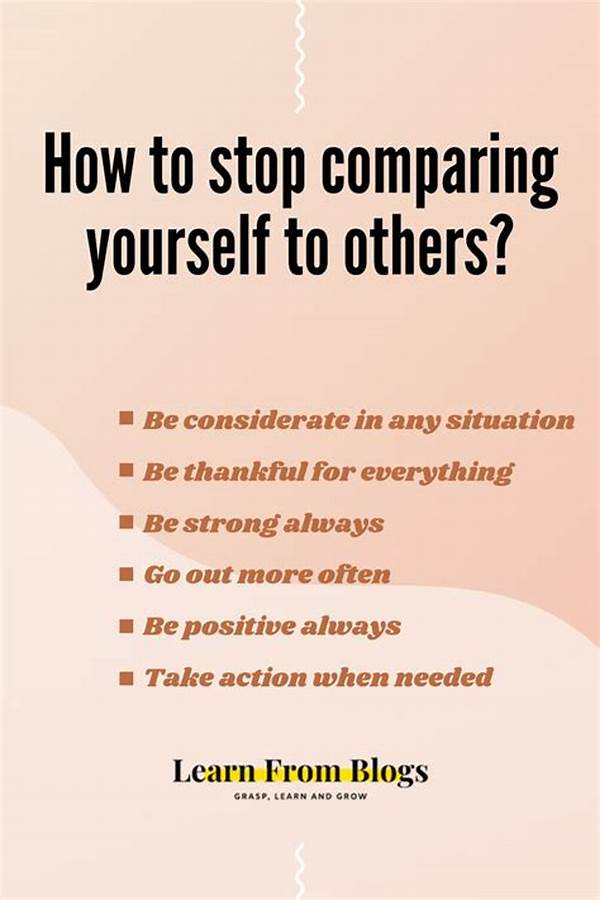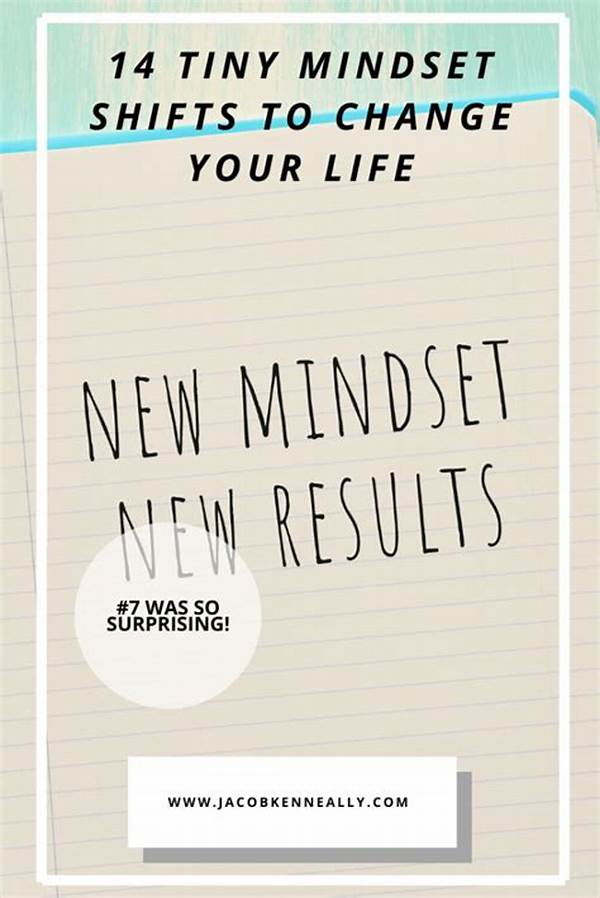- How Millennials Use Mindfulness for Confidence
- Discussion: The Mindfulness Revolution
- Examples of Mindfulness Practices
- Introduction to Mindfulness for Confidence
- The Power of Mindful Confidence
- Discussion on Mindful Confidence
- Six Tips on Using Mindfulness for Confidence
- Content Article: Mindful Steps to Confidence
How Millennials Use Mindfulness for Confidence
In today’s fast-paced world, millennials are constantly seeking ways to enhance their well-being, improve their mental health, and build confidence. With the pressures of career growth, social media, and personal relationships, maintaining a confident and resilient mindset is more critical than ever. One effective approach that millennials are increasingly turning to is mindfulness—a practice that can transform internal dialogue, reduce stress, and fuel self-assurance. “How millennials use mindfulness for confidence” is more than just a phrase; it’s a movement that these young adults are embracing with enthusiasm and success.
Read More : Confidence Boosting Techniques For Job Interviews
Mindfulness involves maintaining a moment-by-moment awareness of our thoughts, feelings, bodily sensations, and surrounding environment. Cultivating this awareness helps millennials to stay present, allowing them to let go of past regrets and future anxieties. Studies indicate that spending as little as a few minutes each day practicing mindfulness can significantly boost confidence by fostering self-acceptance and reducing negative self-talk. As digital natives, millennials are adept at finding resources—often using apps and online communities to support their mindfulness journey. Turn on any podcast, and there’s a good chance you’ll hear a millennial sharing their personal success stories about how mindfulness has made them more confident individuals.
While it can be humorously said that millennials are often characterized as the “burnout generation,” this is also the cohort that is redefining mental wellness. From guided meditations to mindful walking, the versatility of mindfulness practices makes it both accessible and appealing. Comprehensive research highlights that the practice aids in emotional regulation and enhances self-efficacy—the belief in one’s ability to succeed. By reinforcing positive self-perceptions, mindfulness has become a crucial tool for millennials to ground themselves and confidently face the day-to-day challenges they encounter.
Moreover, as globalization continues to blur cultural boundaries, millennials are drawing from a rich tapestry of mindfulness traditions. From the Zen practices of Japan to the ancient teachings of yoga in India, these young adults are weaving mindfulness into the very fabric of their identity and daily life. The testimonials are numerous and varied—be it overcoming impostor syndrome at work or maintaining composure in social settings—how millennials use mindfulness for confidence is a testament to the practice’s profound impact.
The Modern Mindfulness Movement
Through dedicated practice and exploration, millennials are reshaping the narrative around mental health and confidence. It’s no longer about perfection; it’s about presence, growth, and authenticity. The movement speaks volumes, and as it grows, so too does the collective confidence of this generation.
Discussion: The Mindfulness Revolution
In recent years, the term “mindfulness” has become a staple in conversations about mental health and personal growth among millennials. This generation is embracing mindfulness practices to combat stress and empower themselves with confidence in their personal and professional lives. The transformational potential of mindfulness extends far beyond just meditation; it infiltrates various aspects of life, fostering self-awareness and emotional resilience. It’s fascinating to see how millennials use mindfulness for confidence, and the profound effects are undeniable.
Millennials are masters of multitasking, juggling multiple responsibilities while trying to make sense of an ever-connected world. Amidst this chaos, mindfulness offers a breath of fresh air. According to recent studies, regular mindfulness practices can lower cortisol levels—the hormone associated with stress—thereby reducing anxiety and enhancing overall mental clarity. By engaging in exercises like breathing exercises, journaling, and mindful movement, millennials cultivate a deeper understanding of themselves. This self-awareness translates into a greater sense of control and confidence in handling life’s unpredictable nature.
Embracing Mindful Practices
In an era where external validations often influence self-worth, millennials are turning inward to define personal success. How millennials use mindfulness for confidence serves as an antidote to the imposter syndrome and self-doubt many experience. Young entrepreneurs, creatives, and professionals are integrating mindfulness into their daily routines to maintain a balanced mindset. As a result, they are not only enhancing their productivity but also developing the courage to pursue ambitious goals and passions without fear.
The Social Dynamics of Mindfulness
Social media platforms have been instrumental in catalyzing this mindfulness revolution. Through Instagram challenges, YouTube tutorials, and other forms of virtual engagement, millennials are teaching one another how to incorporate mindfulness into their lives. The #MindfulMillennials movement exemplifies this collective desire to build communities centered around mental wellness. Through shared testimonials and interactive forums, individuals who might have felt isolated in their struggles find solace in knowing they are not alone. This connection is vital in constructing a network of support, encouraging millions of millennials to embrace mindfulness as a pathway to confidence.
In conclusion, the mindfulness revolution among millennials represents a significant cultural shift away from external pressures and toward self-reflection. This generation’s proactive approach to mental health paves the way for holistic well-being and empowers them to champion their personal and professional journeys with unwavering confidence. The conversation on how millennials use mindfulness for confidence is one that resonates deeply, promising a future where mental wellness is front and center.
Examples of Mindfulness Practices
The practice of mindfulness is versatile and can be adjusted to fit various lifestyles and preferences. Here are nine examples of how millennials use mindfulness for confidence:
Introduction to Mindfulness for Confidence
Mindfulness is transforming how millennials perceive confidence. In a bustling society that seldom pauses, mindfulness offers a stillness allowing individuals to delve deep into their consciousness. When discussing how millennials use mindfulness for confidence, it’s essential to highlight the widespread adoption of this practice in recent years. Whether it’s combatting stress or making bold strides in careers, mindfulness has become a trusted ally in navigating life’s complexities.
The rise of technology and social media has added layers of pressure on millennials, intensifying the need for effective coping mechanisms. Enter mindfulness, a practice rooted in ancient traditions but adapted for modern challenges. Millennials are leveraging various platforms to learn and share mindfulness techniques, creating a sense of community and shared experiences. This collective journey toward self-discovery and empowerment marks an important cultural shift, with mindfulness at its core.
The Age of Mindful Millennials
As the “burnout generation,” millennials are all too familiar with the impact of chronic stress. The need for mental clarity and emotional resilience has spurred a movement where mindfulness takes center stage. This generation, characterized by its adaptability, has seamlessly integrated mindfulness into everyday life—from early morning meditations to midday breathing exercises. The impact? A noticeable shift in confidence levels, enabling millennials to overcome self-doubt and seize opportunities with renewed vigor.
Understanding how millennials use mindfulness for confidence reveals the intricate ways this practice influences various life domains. Be it personal relationships, career advancements, or creative pursuits, mindfulness serves as a guiding star. By fostering an environment of acceptance and non-judgment, millennials are dismantling traditional stereotypes around confidence, replacing them with narratives of authenticity and growth.
The Power of Mindful Confidence
How millennials use mindfulness for confidence extends beyond individual benefits; it reshapes societal perspectives on success and well-being. Through mindfulness, millennials are discovering that true confidence comes from within—an internal compass aligning values, actions, and aspirations.
Discussion on Mindful Confidence
As millennials redefine how mindfulness influences confidence, a deeper investigation into its multifaceted nature is warranted. To truly appreciate how millennials use mindfulness for confidence, we need to explore the intersections of mental health, societal expectations, and personal growth. In this ongoing dialogue, various studies shed light on how mindfulness permeates everyday life, encouraging introspection and fostering resilient mindsets.
The growing interest in mindfulness among millennials isn’t just a trend; it’s a testament to the efficacy of these practices. Reports suggest that regular mindfulness practices can lead to significant reductions in stress and anxiety, creating a fertile ground for confidence to flourish. By being present in the moment and acknowledging thoughts without judgment, millennials are able to navigate life’s challenges with a sense of calm and clarity. This mindfulness-induced tranquility is what empowers them to step out of their comfort zones and embrace new experiences with confidence.
Embracing Inner Transformation
The allure of mindfulness lies in its ability to instigate profound inner transformation. As millennials grapple with societal pressures and internalize notions of success, mindfulness offers a liberating perspective. Through consistent practice, individuals learn to detach their self-worth from external validations, finding confidence in their inherent capabilities and uniqueness. How millennials use mindfulness for confidence exemplifies this transformative journey, proving that confidence isn’t just about outward actions but is deeply rooted in self-perception.
Personal Growth and Professional Success
Central to this conversation is the undeniable link between mindfulness, confidence, and professional success. Millennials are increasingly reporting how mindfulness practices lead to heightened focus and productivity in the workplace. By cultivating mindfulness, they’re not only managing stress more effectively but also enhancing their decision-making skills. This shift in mental acuity equips them with the confidence to innovate, lead, and drive change in their respective fields. As this generation continues to carve out their professional niches, how millennials use mindfulness for confidence remains pivotal in their journey.
In conclusion, the incorporation of mindfulness into the lives of millennials is a dynamic process, continually evolving and adapting to meet diverse needs. Through engaging with open dialogues, leveraging technological platforms, and tapping into traditional practices, millennials are building a foundation of confidence that transcends time and trends. The potential of how millennials use mindfulness for confidence is only just beginning to unfold, promising a future where mental empowerment sets the stage for personal and collective growth.
Six Tips on Using Mindfulness for Confidence
As millennials embrace mindfulness, they’re continuously seeking ways to deepen their practice and boost their confidence. Here are six actionable tips to integrate mindfulness into daily routines:
With these tips, millennials can navigate the mindfulness pathway more effectively, tapping into the full potential of their self-assurance.
Content Article: Mindful Steps to Confidence
In the exploration of personal growth, confidence often emerges as a defining attribute of success. For millennials, the integration of mindfulness practices is proving instrumental in cultivating this confidence. How millennials use mindfulness for confidence is a testament to the transformative impact these practices have on self-perception and overall well-being. As digital connectivity makes self-comparison inevitable, the adoption of mindfulness offers a refreshing shift toward self-assuredness and inner fulfillment.
In examining how millennials use mindfulness for confidence, it’s essential to recognize the balance between individual practice and communal engagement. Millennials are utilizing mindfulness not just for introspection but also as a means to connect with like-minded individuals. This dual approach provides a solid foundation for confidence to grow—internally through personal reflection and externally through shared experiences. From meditation workshops to virtual conferences, the exchange of mindfulness techniques fosters a supportive community that fuels collective empowerment.
The Psychosocial Benefits
The impact of mindfulness on confidence extends into various psychosocial domains. Research highlights that regular mindfulness practices can improve emotional regulation, enabling millennials to handle stressors with greater equanimity. As mindfulness trains the brain to respond rather than react, millennials find themselves approaching challenges with a balanced and confident mindset. How millennials use mindfulness for confidence is reshaping cultural narratives, where emotional vulnerability is embraced as a component of true confidence.
Bridging Generational Perspectives
Understanding how millennials use mindfulness for confidence also requires bridging generational perspectives. Unlike past generations that might have prioritized external achievements, millennials are redefining confidence by rooting it in authenticity and emotional intelligence. This paradigm shift is evident in the increasing number of organizations fostering mindfulness at the workplace, recognizing the role it plays in enhancing creativity and collaboration. As millennials lead these conversations, they’re paving the way for a culture where mindfulness and confidence coexist harmoniously.
In conclusion, the intersection of mindfulness and confidence among millennials is a vibrant and evolving journey. By embracing both tradition and innovation, millennials are crafting a narrative where mental wellness and personal empowerment thrive. The commitment to mindfulness is not merely a personal choice but a cultural movement—a declaration that true confidence is cultivated from within, nurtured through mindful living.



